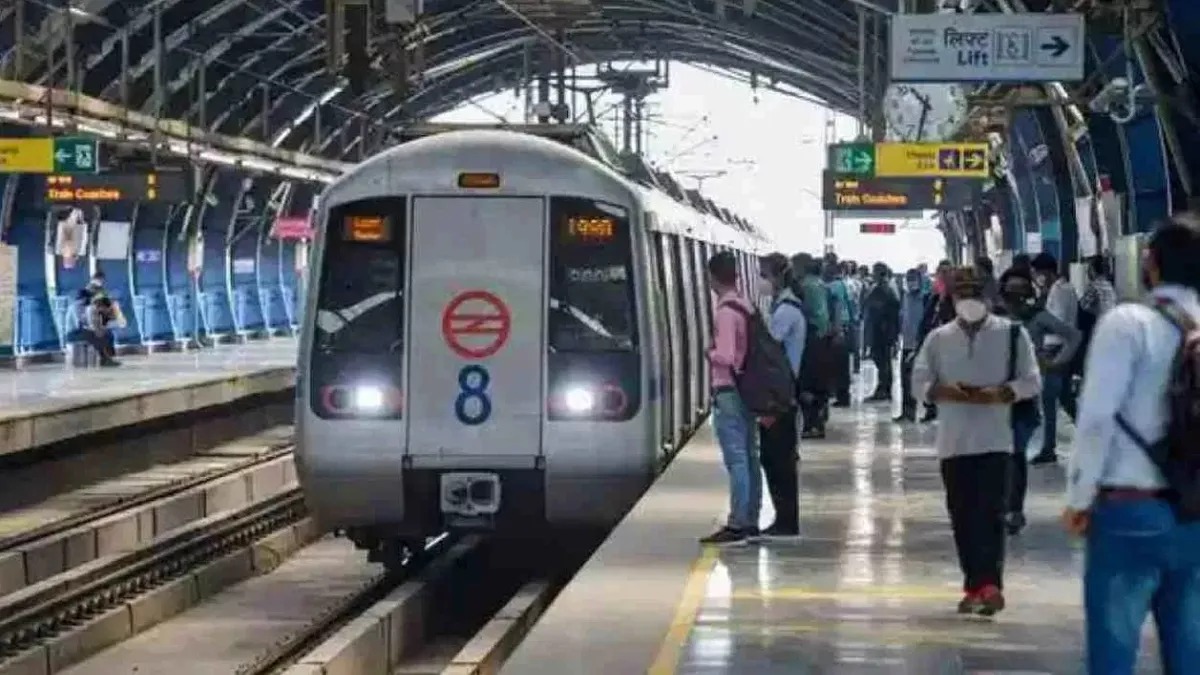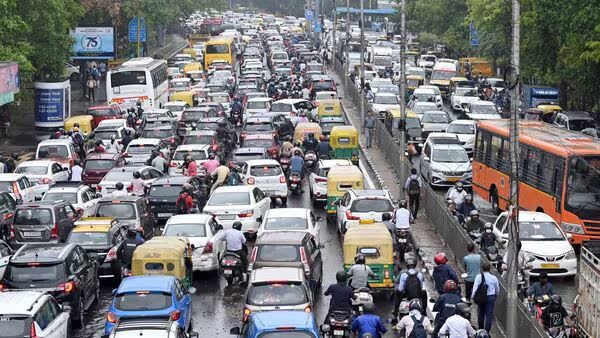
Follow WOWNEWS 24x7 on:
Updated: May 05, 2025 07:00

Union Minister Manohar Lal has urged a revolutionary change in India's metro rail systems, suggesting the inclusion of dedicated cargo compartments and an accelerated use of green energy in all metro operations. The statement was made during the 5th International Conference on Green Metro Systems, where the minister emphasized the twin objectives of sustainable urban mobility and environmental protection.
Key Highlights
Dedicated Cargo Compartments: The minister asked the metro operators to consider integrating cargo compartments in the metro trains. This initiative focuses on maximizing metro infrastructure utilization through the facilitation of freight movement during off-peak hours, with the possibilities of less traffic congestion and less urban pollution.
Green Energy Integration: Highlighting the importance of sustainability, the minister requested increasing the application of renewable energy to metro operations dramatically. He referred to latest developments like India's first vertical bi-facial solar power plant, mounted on the Okhla Vihar Metro viaduct, and a 1 MW rooftop solar facility in the Khyber Pass depot in Delhi. These schemes employ cutting-edge solar panels that absorb light from both sides and take advantage of the metro's elevated lines, producing pollution-free energy without taking up extra land space.
Renewable Energy Targets: The Delhi Metro Rail Corporation (DMRC) has already exceeded 50 MW of solar capacity and aims for 60 MW by the end of its Phase-IV expansion. Solar installations now cover 93 stations and 15 depots, with further capacity to be increased as new stations are constructed.
Wider Perspective: The minister reaffirmed India's pledge to reach net-zero emissions by 2070 and estimated that by 2030, metro networks across the country will be largely run on renewable energy. He emphasized the need for breakthroughs in energy storage, smart grid integration, and green construction techniques to achieve these goals.
Energy Efficiency Measures: The minister further emphasized the embracement of regenerative braking, energy-efficient LEDs, and smart mobility solutions as key steps toward minimizing the metro operations' carbon footprint.
The call to action by the minister is part of a larger national agenda to develop urban transport into cleaner, leaner, and future-proof conveyances in step with India's climate action agenda and urbanisation objectives.
Sources: Press Information Bureau, Business Standard, Change Started, EQ Mag Pro



